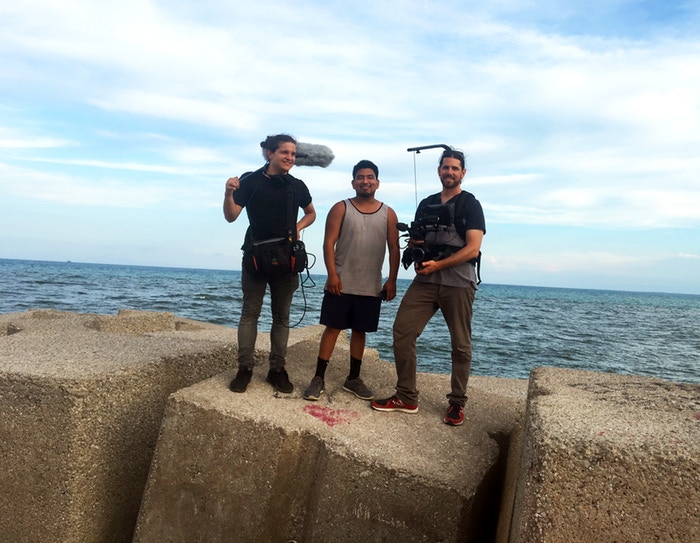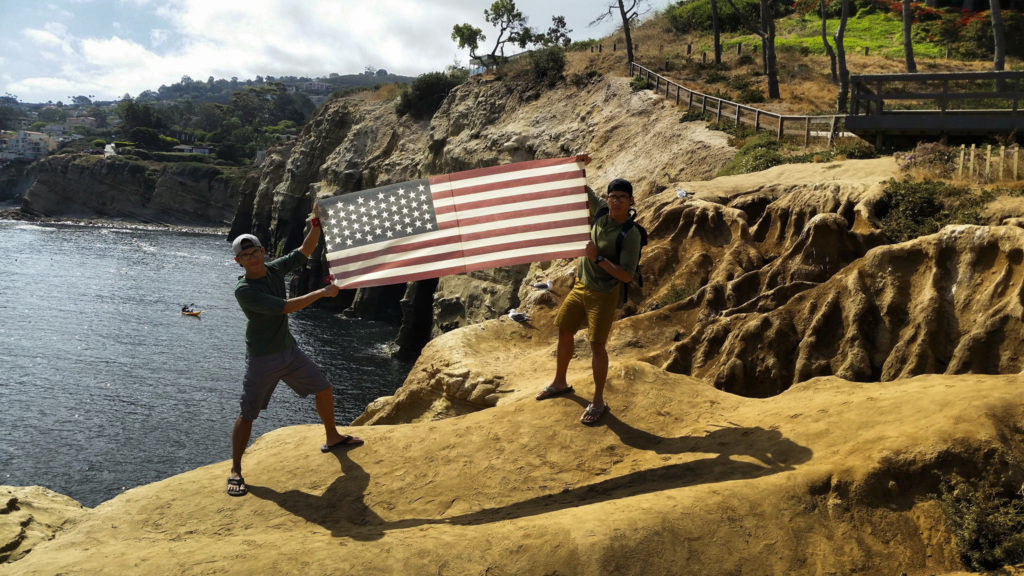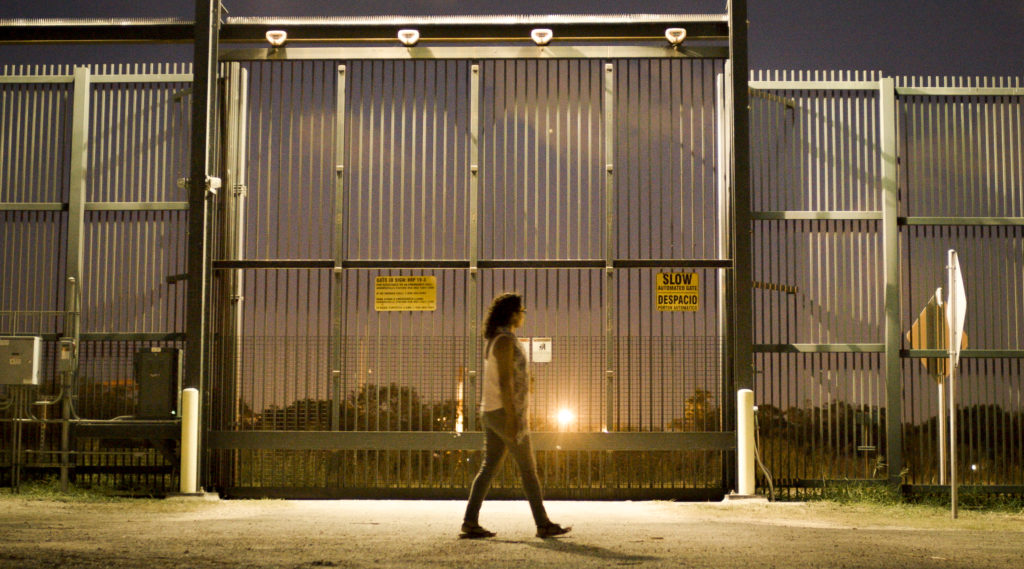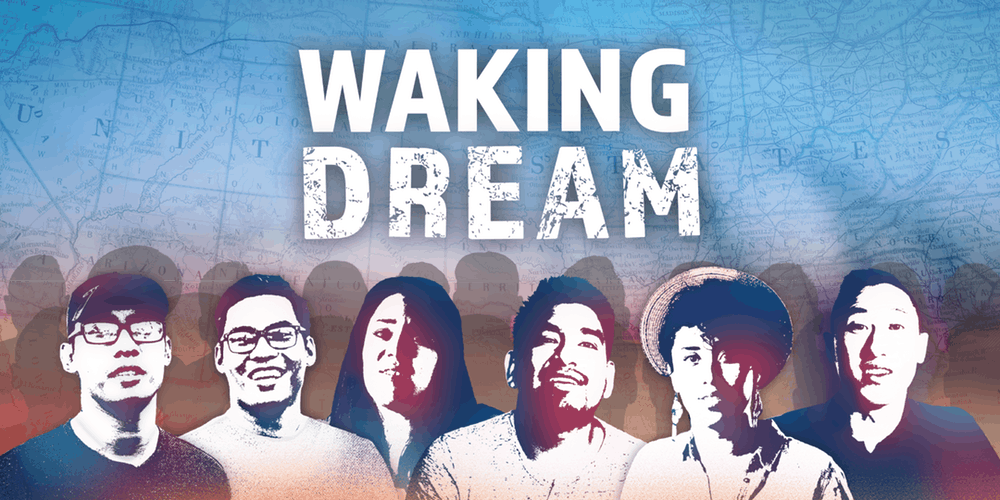Meet the Filmmaker: Theo Rigby, Director of ‘Waking Dream’
October 3, 2019
This is a guest post from Canal Alliance’s friend and partner, Theo Rigby of iNation Media. Join us for our screening of the film on Thursday, October 17, 2019 at the Rafael Theater in San Rafael. Tickets can be purchased here.

I often say that nobody comes home after a long work week, and on Friday night cuddles up with their partner and says “Honey, I really feel like watching an immigration movie tonight.” I’ve been creating stories with undocumented communities for over 15 years and in this media-saturated world, I try not to make ‘immigration’ films, but to create work that addresses the many elements of life that we all share, regardless of where we come from or our legal status. With each project, I try to create a different entry point to the infinitely complex conversation around immigration in the U.S. I hope my work speaks to the themes of family, faith, struggle, redemption, and that the protagonists just happen to be immigrants with varying states of legal status in the U.S. When the labels of documented/undocumented and immigrant/citizen are stripped away to reveal the universal human experience, we all become a bit closer to each other.

The idea behind Waking Dream is to enter into the divisive conversation around immigration through a group of undocumented young people that the overwhelming majority of Americans agree about. It struck me that 86% percent of the U.S. feel that young people with DACA should be able to stay in this country. However, that 86% necessarily includes tens of millions of people that want to ‘build the wall’, restrict legal immigration, lower the number of refugees allowed into the country, and yes, even deport the parents of young people with DACA. This paradigm is reinforced, in part, by the fact that ‘Dreamers’ are often put in a different category than many other people in the undocumented community. Since they came to the U.S. as young children, they are often said to have “Not broken any laws themselves.” and that “It wasn’t their fault.” This framing innately asks the question, “Well, whose fault is it?” Which often places blame and criminalizes the parents of ‘Dreamers’ in a detrimental and divisive way encouraging a toxic ‘Good immigrant–Bad immigrant’ paradigm that has become pervasive in our culture.

Waking Dream tells the stories of six courageous young people, who happen to have DACA permits, and through their stories we meet their parents, extended families, and communities of support. I attempt to push up against this good/bad paradigm by showing the expanse of diverse communities connected to these young undocumented people. Waking Dream also focuses on the diversity of the undocumented community as three of the six participants in the series grew up speaking languages other than Spanish. My hope is that the series reinforces the idea that we cannot place those with DACA permits in a category of their own, but need to look at the stories of these young people as part of a much larger community that is connected to all of us, regardless of where we come from, what language we speak, or what legal status we happen to have.
